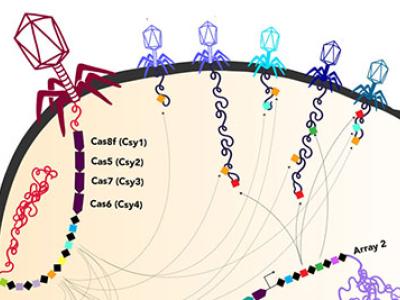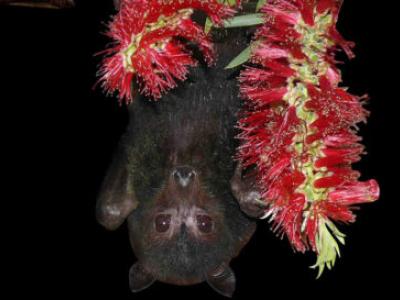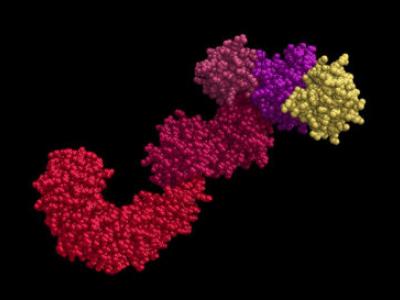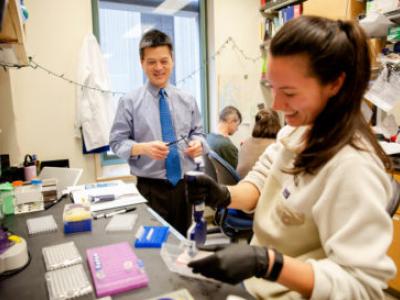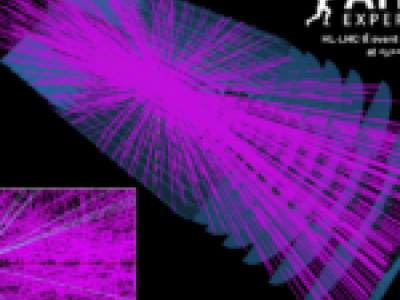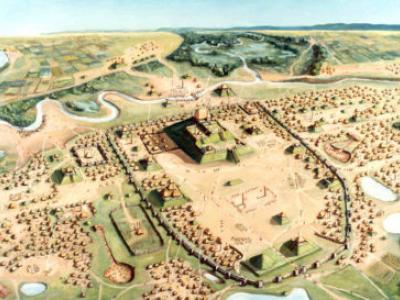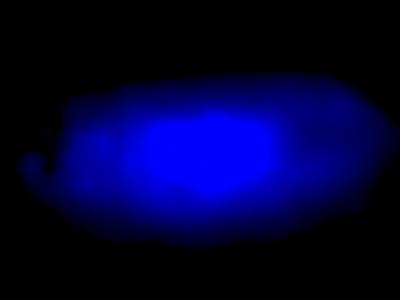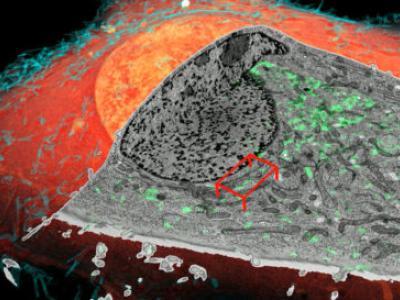Scientists have discovered hundreds of unusually large, bacteria-killing viruses with capabilities normally associated with living organisms, blurring the line between living microbes and viral machines.
Research News
Learn more about UC Berkeley's researchers and innovators.
Showing 1585 - 1600 of 3641 Results
Nine young faculty members at UC Berkeley have been awarded a Sloan Research Fellowship, an honor given yearly to the brightest up-and-coming scientists in the United States and Canada.
UC Berkeley is not just one of the best research universities in the world, but also a unique place for entrepreneurs, students and alumni to grow and build their own innovative startups. Many of the ideas are based on issues young entrepreneurs first encountered in Berkeley classes or labs. Examples of which were presented at Berkeley SkyDeck’s annual Demo Day, where entrepreneurs pitched new devices, apps or inventions that, they hope, will provide big, bold fixes to the world’s problems, from climate change to disease.
It’s no coincidence that some of the worst viral disease outbreaks in recent years — SARS, MERS, Ebola, Marburg and likely the newly arrived 2019-nCoV virus — originated in bats.
A new University of California, Berkeley, study finds that bats’ fierce immune response to viruses could drive viruses to replicate faster, so that when they jump to mammals with average immune systems, such as humans, the viruses wreak deadly havoc.
Chronic inflammation, which results when old age, stress or environmental toxins keep the body’s immune system in overdrive, can contribute to a variety of devastating diseases, from Alzheimer’s and Parkinson’s to diabetes and cancer.
Despite numerous California state legislative wins in support of Accessory Dwelling Units (ADUs) in the last three years, local regulations still limit their production, UC Berkeley researchers have found.
Contrary to polls showing that relatively few Native Americans take offense at the Washington Redskins’ name, a new UC Berkeley study has found that at least half of more than 1,000 Native Americans surveyed are offended by the football team’s 87-year-old moniker and Native mascots in general.
As the impeachment of President Donald Trump moved through the U.S. House of Representatives, and now moves through the Senate, his defenders frequently cast it as a political process seeking to cause political damage. Some outspoken partisans have sought to discredit the entire process as “political theater” and a “political circus.”
The National Institutes of Health (NIH) has picked long-time UC Berkeley neuroscientist John Ngai to head its BRAIN Initiative, a multibillion-dollar federal research push to develop new tools that will help scientists understand how the brain works and lead to new treatments for brain dysfunction.
Giant-scale physics experiments are increasingly reliant on big data and complex algorithms fed into powerful computers, and managing this multiplying mass of data presents its own unique challenges.
Five weeks before the California Democratic primary election, U.S. Sen. Bernie Sanders has emerged as the clear front-runner in the race, according to a new poll by the UC Berkeley Institute of Governmental Studies.
A UC Berkeley archaeologist has dug up ancient human feces, among other demographic clues, to challenge the narrative around the legendary demise of Cahokia, North America’s most iconic pre-Columbian metropolis.
University of California, Berkeley, scientists have created a blue light-emitting diode (LED) from a trendy new semiconductor material, halide perovskite, overcoming a major barrier to employing these cheap, easy-to-make materials in electronic devices.
An epidemic of murders in Oakland, California, has claimed hundreds of lives in the past decade, and the victims’ families often face discriminatory treatment by police, devastating financial burdens and psychological trauma with inadequate government support, says a report from the University of California, Berkeley, School of Law (Berkeley Law).
Christina Maslach, a UC Berkeley psychology professor emerita, has been honored with this year’s National Academy of Sciences Award for Scientific Reviewing for her pioneering research on job burnout and worker wellbeing.
By combining electron microscopy (EM) with the latest super-resolution microscopy (SR), Howard Hughes Medical Institute (HHMI) and UC Berkeley scientists have obtained exquisitely detailed views of the complex innards of cells, all in 3D.

